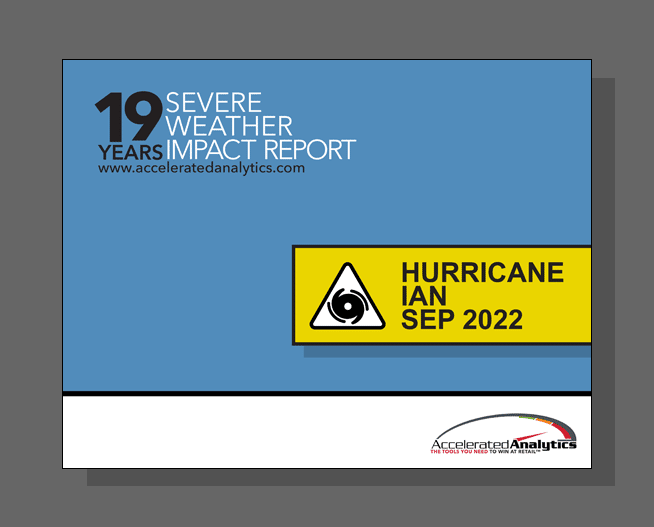A recent RIS article titled, “How Much Are Out-of-Stocks Costing You? Much More Than You Might Think”, By Greg Buzek, provides more evidence that retail out of stocks are costing vendors huge lost sales. Buzek quantifies the scope of the loss; “A retailer that invested in completely fixing its out-of-stock problem, would gain a solid competitive edge. The average retailer could increase same store sales 3.7%, by converting all perceived out-of-stocks into transactions. Specialty soft goods could have the biggest potential win: solving out-of-stocks would boost their same-store sales 7.1%, while department stores would see a 4.2% jump.”
The good news is we have seen dramatic improvements in in-stock performance by active store and item level analysis. The methodology is pretty straightforward:
- Determine the lead time from order to product arriving at a store. Let’s say this averages 2 weeks. This is your minimum on hand weeks supply to avoid a stock out.
- Next calculate the average weekly sales velocity for each item, and each store. Yes, you must know the average sales velocity for each peg or shelf position.
- Calculate the weeks supply on hand for each item and store by dividing the current on hand inventory by the average sales velocity.
- Filter the results to show only those items with less than the 2 weeks supply on hand. These are the stores you need to make sure you place an order immediately to avoid a stock out.
This type of analysis is not hard to do, but if you don’t have the proper tools it can be very time consuming. But, it’s well worth the effort. If you can improve your in stock performance by even 2%, you stand to gain significant sales.
Next Article: Increasing Sales By Managing Out of Stock Inventory


